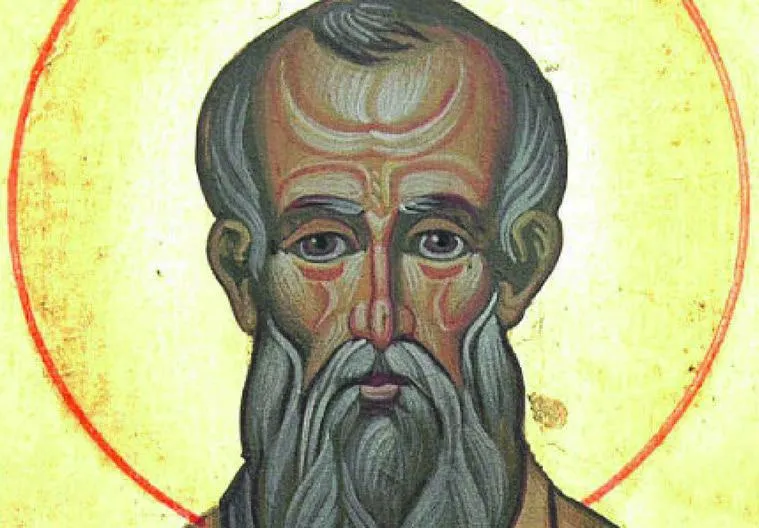In the very early 370s, an elder by the name of Palladius moved from the church in Caesarea in Cappadocia to live at a monastic community located on the Mount of Olives.
Among the members of this community was a certain Innocent, who was well known to Athanasius (c.299–373), the bishop of Alexandria, a legend in his own time due to his ardent defence of the full deity of Christ. It may well have been this contact with Innocent that prompted Palladius to write to the Egyptian pastor-theologian about a concern that vexed him. It had to do with the bishop of his home church, namely, Basil of Caesarea (c.330–379), as well-known today as Athanasius.
Critiquing Basil of Caesarea
Palladius informed Athanasius that some of the monks at Caesarea were troubled by Basil’s stance in relation to the deity of the Holy Spirit and were openly critical of their bishop. The 360s and 370s was a time of significant theological confusion among the churches in the Eastern Roman Empire. Basil once likened it to a naval battle being fought at night in the midst of a storm and with the sea enveloped by a thick fog that made it all but impossible to distinguish friend from foe.








